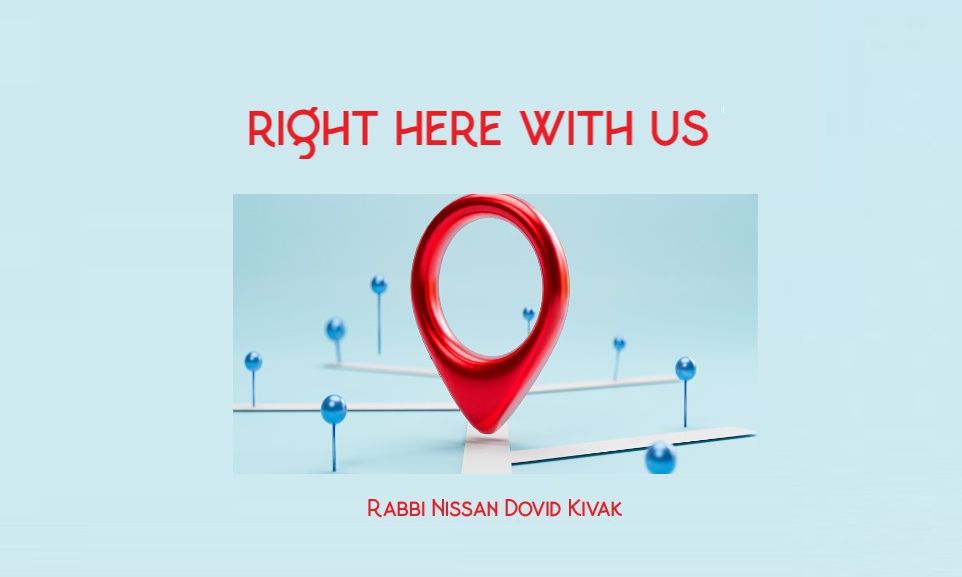
Right Here With Us
The great thing about sitting in the Succa is the ability to break away from the fantasy world and to feel Hashem's Presence right here with us…

Translated by Aaron Yoseph
On Sukkot, Hashem comes close to be with Klal Yisroel. People think that the foreign nations have a better life than we do. But Hashem chose Avraham Avinu, Yitzchak, and Yaakov. It wasn’t for nothing. All they wanted was Hashem, 24/7. Imagine only loving Hashem, and nothing else. Try it for a day or two. Avraham Avinu did this for 100 years. The rest of the world argued with him and tried to kill him. He stayed strong. And this is only part of what Avraham Avinu did. Wouldn’t you choose him?
Then Yitzchak Avinu came along and argued that there was a different way to serve Hashem. He argued that we need to stand in fear and dread before the King. This was a new way.
Then Yaakov Avinu came along, and said that, although both these paths are correct, they aren’t the absolute truth. The absolute truth is that we have to serve Hashem with everything in our lives. We can work for Lavan – Lavan is your boss or father-in-law – and even there, looking after his sheep, we can  cleave to Hashem. We can know that everything is from Hashem.
cleave to Hashem. We can know that everything is from Hashem.
Then, from all the brothers, Hashem chose Yosef. Then there was Moshe Rabbeinu. Later on, we had the Tannaim, and the Amoraim. These are the people who brought Hashem into the world. Moshe Rabbeinu was the one who really revealed Hashem to the world. R’ Shimon revealed to us the light that there was at Kabbalat HaTorah. In the Zohar HaKadosh he explained how only the Tsaddikim who reach the very highest levels can arouse the highest levels of Hashem’s mercy. Hashem constricted himself by the Tsaddikim.
Where does it say that someone can atone for sins, apart from Hashem? Hashem is the One in charge, we always need His mercy. What does it mean that the Tzaddik atones for sins? Or that the Beis HaMikdash atones for sins, or the Kohen Gadol on Yom Kippur? The Zohar HaKadosh explains that it’s the holiness of the Tsaddikim that atones for sins.
We’ve learned that we need to sigh, and when we do, we reconnect ourselves to holiness. If that’s the case, what do we need the Tzaddik for? Why do I need the Tzaddik to connect to the Torah for me, when I can do it myself? The answer is – of course you need to do as much as you can. Every soldier in a battle knows that he can’t rely entirely on anyone else. He has to keep himself alert. Don’t get complacent. Take hold of yourself, do teshuva, learn, pray. Do as much as you can. But when a soldier really is all alone, without his company, he can easily be surrounded and captured. When you’re together with others, they watch out for you and warn you when danger is approaching.
We have to do our part. Why doesn’t the Rebbe do everything by himself? That’s not the way it works. We have to do what we can. At a certain point, we reach the place where we need forgiveness. We need a spirit of vitality and we just don’t have it. Perhaps we had it a long time ago – “Twenty years ago I had a really sincere wish to do teshuvah. Once, I felt what Shabbat was. I had something back then, but it’s gone now.” Where has it gone to? It got swept away by the storm wind.
How do we get it back? We need a Tzaddik who knows about serving Hashem to show us how Hashem is still with us. There are many Rabbanim who know how to learn, but not so many who know about serving Hashem. I spent time with many great Rabbanim – R’ Elyashiv, R’ Moshe Feinstein, R’ Shlomo Zalman, R’ Weiss. One thing they all had in common – if they didn’t know about something, they said so. I met R’ Moshe Feinstein when I was a young boy. I would guard over the etrogim until the Rav came to check them. I was sitting there, and R’ Moshe came in. He sat down next to me, on an old rickety bench. I told him that I was finding things hard. He looked at me with this serious look on his face, as if he felt he needed to save me. He put his hand on me and said, “Mein kindt, nor Tefillah.” [My child, only prayer.]
We have a Rebbe who comes and sits next to us on the bench. He puts his hand on our shoulder, and comes right down to our level. And, he’s right here with us in the sukkah, together with the Shechina, Hashem’s Divine Presence.


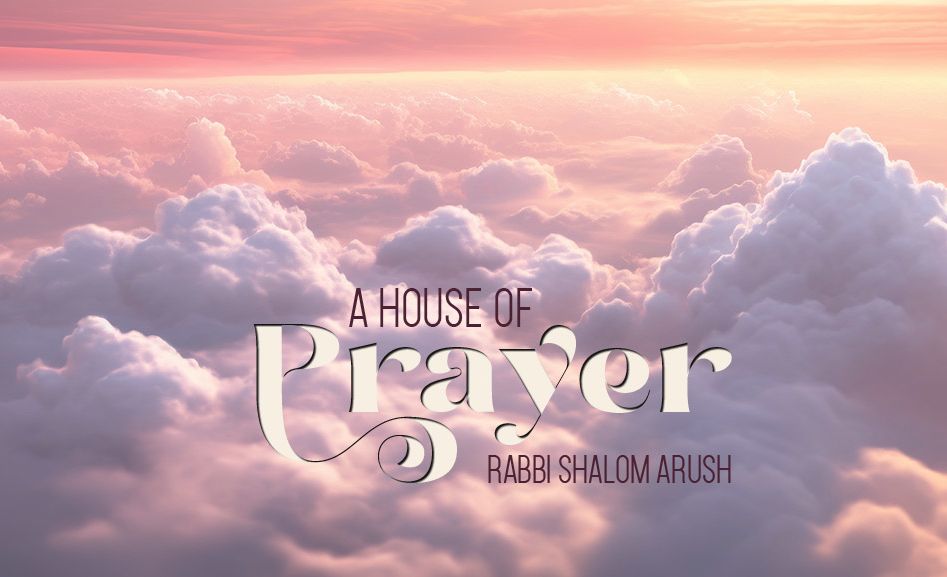
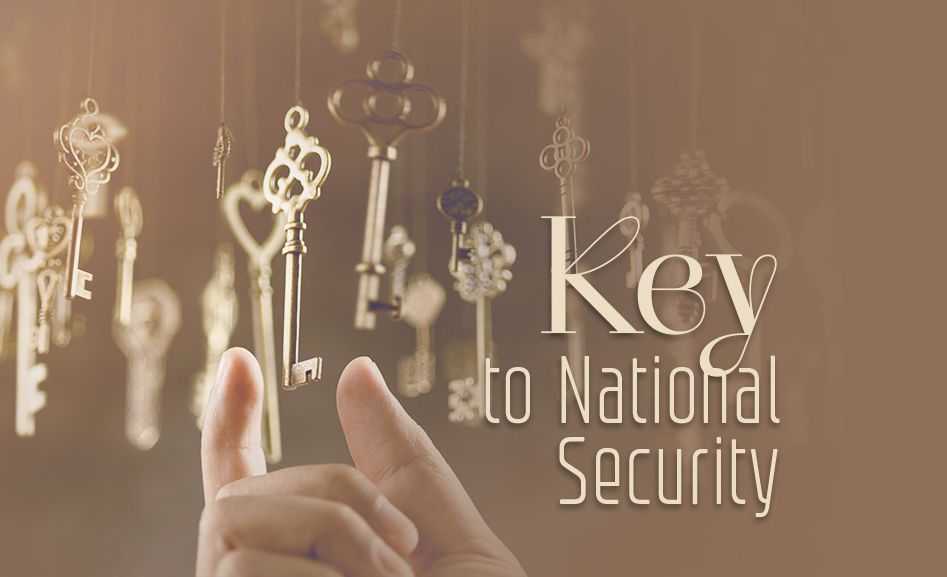
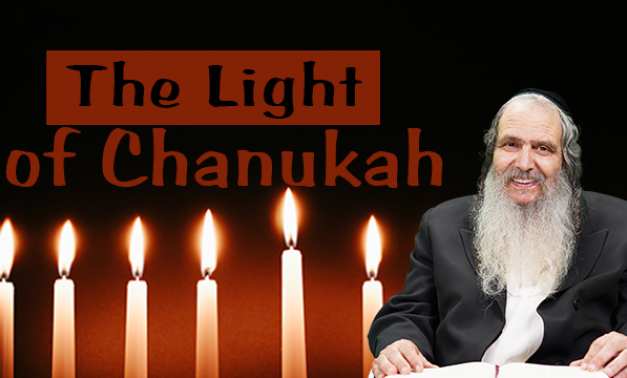
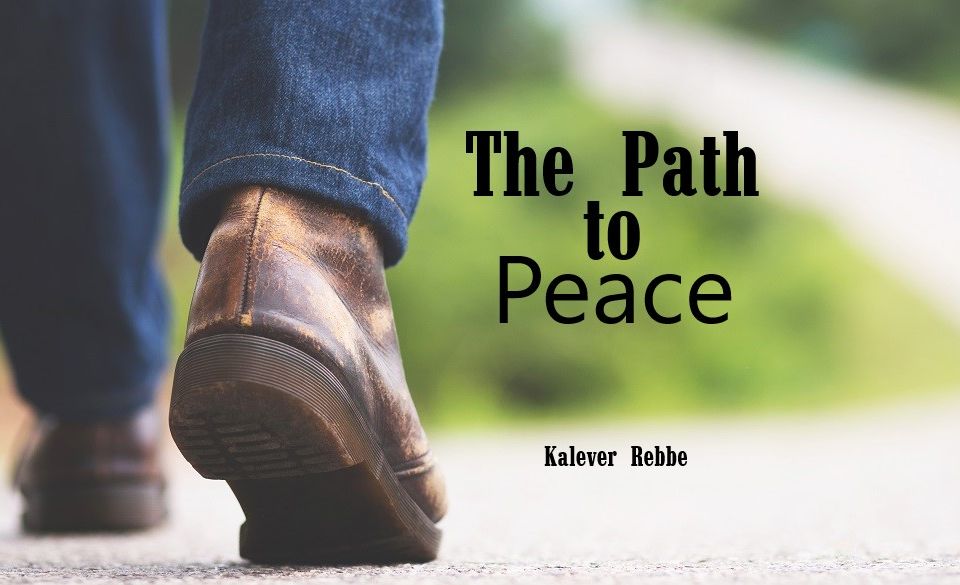
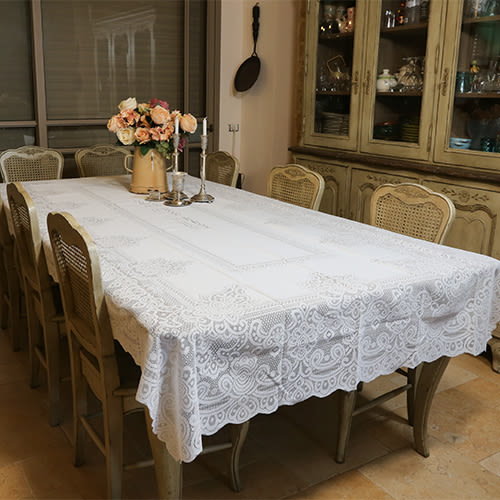
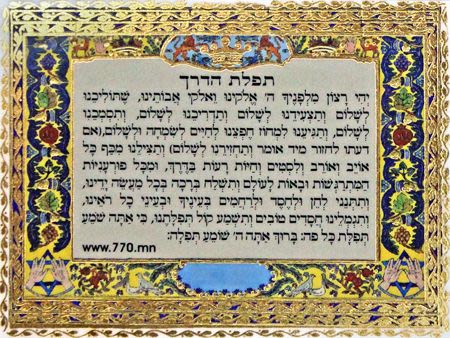

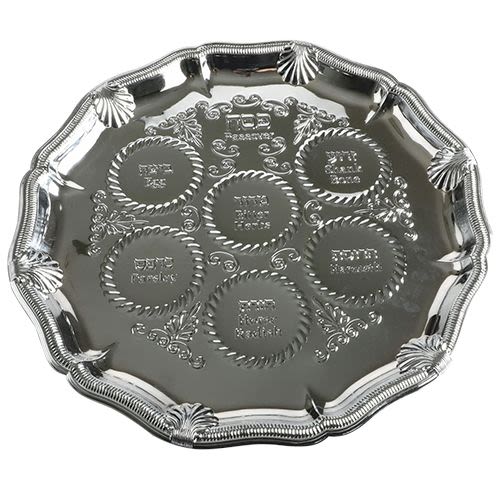
Tell us what you think!
Thank you for your comment!
It will be published after approval by the Editor.